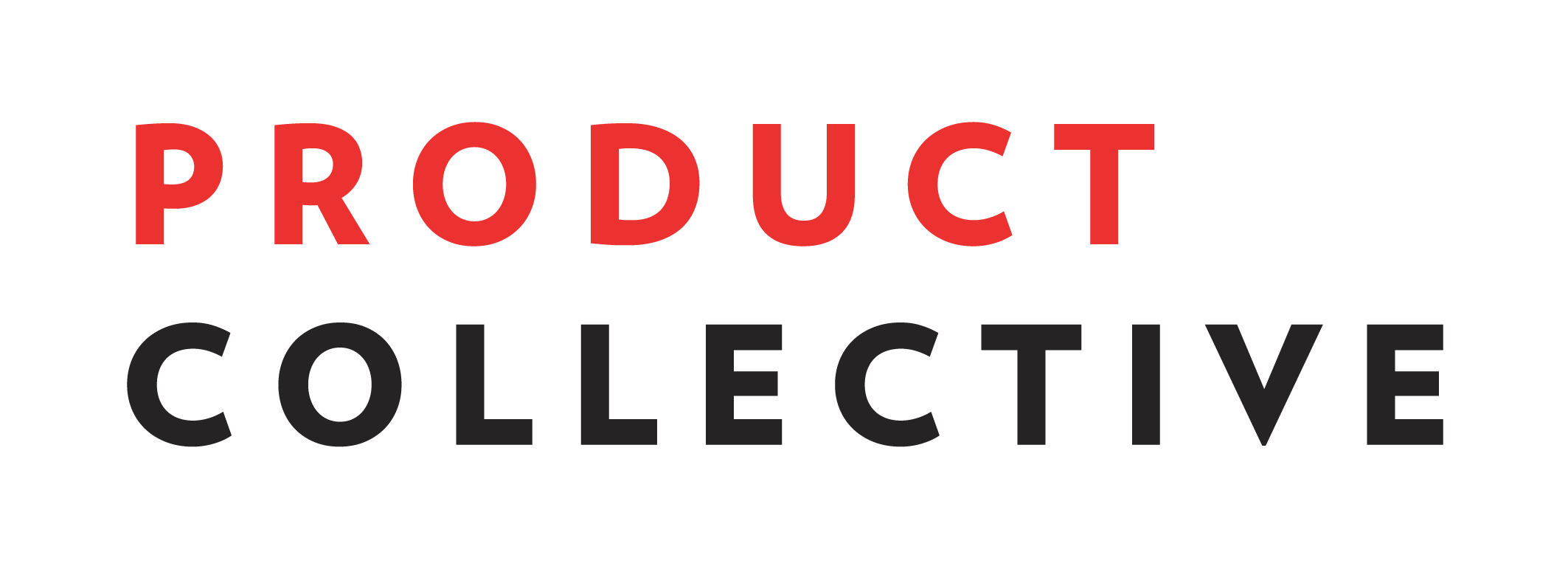Between the rise in product-led growth and the growing number of tech startups entering the arena, there’s never been a better time to get into product management.
But how do you decide whether to foray into B2B vs B2C product management?
In this article, you’ll learn:
- What B2B and B2C product management are
- The differences between B2B and B2C product management
- How to decide whether B2B vs. B2C product management is right for you
B2B & B2C product management: what are they?
Before we dive into the differences in product management for B2B vs. B2C, let’s briefly cover what business-to-business and business-to-consumer product management is. In both B2B and B2C companies, product managers might develop physical or digital products. For the purposes of this article, we’ll focus on digital products, or what we call software product management.
What is B2B Product Management?
Business-to-business (B2B) product management is the development of products that are sold to other businesses. Think: products like marketing technology, human resource information systems, etc.
In B2B companies, product managers (PMs) focus on market trends and customer feedback to build their product roadmap. They work with a variety of stakeholders around the organization—including customer success, sales, and product marketing—to understand customer needs and bring new products and features to market.
What is B2C Product Management?
Business-to-consumer (B2C) product management is the development of products sold directly to end users or individuals. This could be a mobile app (like Mint), downloadable software (like Microsoft Office), or web-based application (like PayPal).
In B2C companies, PMs spend a lot of time experimenting and using product analytics to study user behavior. This is because the user experience (UX) is paramount to a successful B2C product. If a product is too difficult to use, the customer leaves and buys something different. But because UX is so critical, small changes to it can result in a lift in engagement.
Product management B2B & B2C: do they have anything in common?
The core responsibilities for a product manager remain the same, regardless of industry. Product managers of all kinds need to conduct market research, lead cross-functional teams, coordinate go-to-market strategy, and develop and refine a product roadmap.
7 differences between B2B and B2C product management
You might be wondering: If so many product management responsibilities are similar, what are B2B vs. B2C product management differences? Because there are a few key differences worth pointing out.
1. Different buyers and end users
In B2B sales cycles, the person purchasing the product is usually different from the person using the product. That means that while you need to design your platform with the end user in mind, you also have to consider the features and functions that will get the people with purchasing power to buy your product. This also means that the personas your marketing team develops may be different from the persona your product team uses for research and development.
In B2C, the end user and the buyer are usually the same person. Teams across the organization can typically align around a few personas for both product development and marketing.
2. Prior industry experience
Many believe that to successfully build products in B2B, you need previous industry experience. This is because so much of product development in B2B depends on an understanding of market needs and trends. If you haven’t been in the industry for long, it can be hard to understand and stay on top of changes to the market.
That’s not to say you can’t be successful in B2B without industry experience. In fact, some organizations have found that bringing in B2B PMs from other industries has helped to cross-pollinate ideas and best practices.
For B2C, industry experience doesn’t matter quite as much, because you have a larger customer base to work with and learn from. Product analytics and market data can help you understand your customer’s needs without doing frequent discovery calls.
3. The role of sales in product development
Sales plays a larger role in B2B roadmaps than B2C because the product is influencing deals. If a sales rep is working a large deal and the customer asks for a feature that could make or break the deal, that request is going to be prioritized higher than other items on your roadmap. The same goes for renewals of existing clients—if the dollar value is high enough, those requests will take precedence over the development of other features.
Product managers in B2B companies may also be more involved in the sales process. If an account executive is working a deal where a customer has more technical questions, the PM might get pulled into those communications. The same could go for customer success managers working a renewal or upsell.
4. Whether customers focus on features or usability
While each buyer is unique, and there’s no hard-and-fast rule on what people prioritize, B2B buyers do tend to focus on features, whereas B2C buyers tend to focus on usability.
For B2B products, buyers tend to look for certain features. For instance, does this product integrate with other software in my tech stack? Can they export data to pull into their analytics dashboards? As a result, there may be some things you build where the KPI is influenced pipeline, rather than product adoption.
For B2C customers, usability is everything. If they can’t adopt the product because it’s not easy to use, they’ll stop using it—and stop paying for it. That’s why B2C product managers focus more on UX and quality-of-life improvements than on complex, net-new features.
5. The number of release cycles
B2B products often have fewer release cycles than B2C products. This is because updates require significant changes around the organization. The marketing website needs to be updated to reflect the new features, onboarding needs to be updated to reflect UI changes, etc.
B2B product managers also need to consider how a release will impact a customer’s workflow. For example, a product built for a sales team (like Gong.io) wouldn’t want to release updates at the end of the month, end of the quarter, or end of the year, when salespeople are trying to meet quota.
6. Access to customers for research
When it comes to customer research, B2B product managers may have the upper hand. Because using a product is part of a customer’s job, they may be more willing to participate in user research and provide feedback. After all, improvements to the product make it easier for them to do their job!
On the other hand, while B2C product managers may have more difficulty getting ahold of customers for research, they might have an easier time with user testing. Because B2C products tend to have more users, B2C PMs can derive results from experiments much faster than their B2B counterparts.
7. How people use the product
In B2C, the number of users in the product is critical to the company’s success. Why? Because each user is a customer. The more customers they have, the more profitable the business is. As a result, B2C PMs focus heavily on the customer experience. They want customers using the product as much as possible, because that’s what will retain customers.
Compare this to B2B companies, where there are fewer customers and users make use of the platform differently. Take Salesforce as an example: Revenue ops people might use Salesforce to route leads. Data analysts might use Salesforce to create, pull, and share reports on open opportunities or closed won and closed lost deals. BDRs and account executives might use Salesforce to track deal progress and pipeline. Even still, account managers might use Salesforce to store notes on a customer following a quarterly business review. These are all users on an account, but what they’re trying to do with your product is different.
As you can see, B2B and B2C product managers have to take different approaches to looking at customer journeys and product usage.
B2B or B2C product management: Which one is right for you?
Trying to decide whether to take a B2B or B2C product management role?
If you:
- Like to connect with users one-to-one or conduct offsites
- Don’t mind demoing products as part of a release
- Have a lot of industry experience
- Are comfortable leaning on customer support or account management for client feedback
B2B product management might be a good fit for you.
On the other hand, if you:
- Want to build for the individual instead of different use cases
- Love A/B testing and data analysis
- Care deeply about usability
B2C product management might be for you.
Of course, that’s not to say each of those things are unique to B2B or B2C, but those are some of the key elements of each role. If you’re still unsure, try dipping your toe in the waters of each to see what works best for you!
B2B vs B2C product: can a product be both B2B and B2C?
A product can absolutely be both B2B and B2C. There are two ways this could show up.
The first is B2B2C products. In the B2B2C business model, businesses sell to other businesses, who then go sell directly to consumers. A great example of this model can be found in manufacturing and distribution. Businesses create products and pitch them to a distributor like Amazon or Target. The distributor then sells the product. In this case, the manufacturer needs to market to both a business (to sell their products) and the consumer (people have to want to buy the product).
Another example is businesses that have B2B and B2C arms. Take, for instance, Udemy, an online learning and teaching marketplace. Udemy’s product was initially marketed to businesses (teachers who could provide courses) and consumers (people who wanted to learn new skills). Udemy then expanded their B2B arm with the addition of Udemy Business, selling employee learning to companies. LinkedIn is another business that has both B2B and B2C components. LinkedIn is built for and marketed to consumers as a social platform, but tools like LinkedIn Learning, Sales Navigator, and LinkedIn recruiter are largely built for and marketed to businesses.
Key takeaways about b2b vs b2c product management
While the job description of a product manager may not change much from industry to industry, there are some key differences between B2B vs. B2B product managers.
Looking to start a career in product management (or change jobs)? Check out our jobs board.


